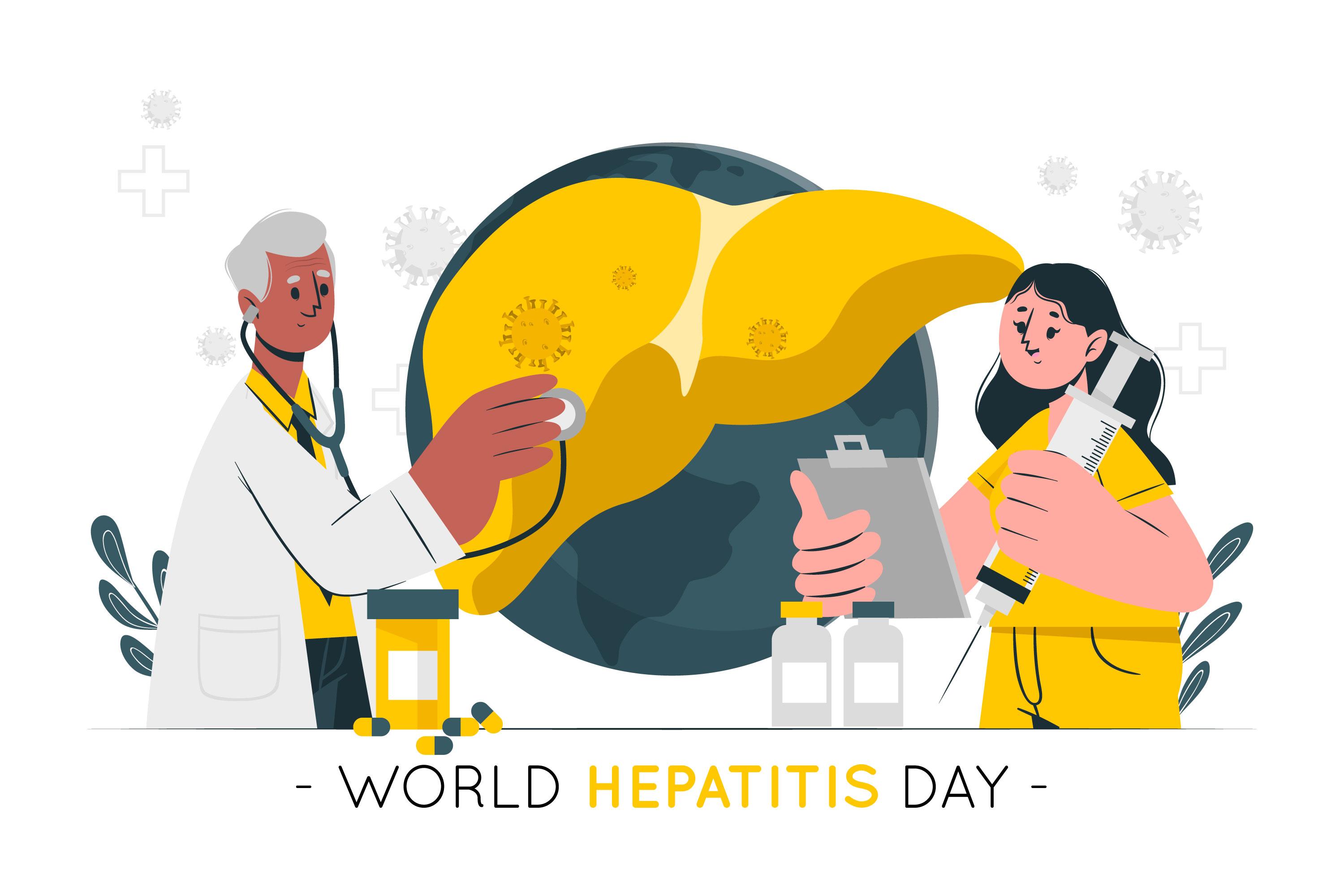
Hepatitis E in Developing Countries: Challenges and Solutions
Introduction: Hepatitis E is a significant health concern, particularly in developing countries where access to healthcare and sanitation infrastructure may be limited. Let’s explore the challenges posed by Hepatitis E in these regions and the solutions that can help address them.
Challenges of Hepatitis E in Developing Countries
- Poor Sanitation: In many developing countries, inadequate sanitation facilities and practices contribute to the spread of Hepatitis E. Contaminated water sources and improper waste disposal increase the risk of virus transmission.
- Limited Access to Clean Water: Access to clean and safe water is essential for preventing Hepatitis E. However, in many developing countries, communities struggle with water scarcity and lack of proper water treatment facilities, making them more vulnerable to the virus.
- Healthcare Infrastructure: Healthcare systems in developing countries may lack the resources and capacity to effectively diagnose and treat Hepatitis E cases. Limited access to healthcare facilities and diagnostic tests can delay diagnosis and treatment, leading to more severe outcomes.
- Lack of Awareness: Awareness about Hepatitis E and its transmission routes may be low in many developing countries. Without adequate knowledge, individuals may not take necessary precautions to prevent infection, further contributing to the spread of the virus.
Solutions to Combat Hepatitis E
- Improving Sanitation: Investing in improved sanitation infrastructure, including proper sewage disposal systems and sanitation education programs, can help reduce the risk of Hepatitis E transmission in developing countries.
- Access to Clean Water: Efforts to increase access to clean and safe water sources, such as installing water purification systems and promoting hygiene practices like handwashing, are crucial for preventing Hepatitis E infections.
- Strengthening Healthcare Systems: Investing in healthcare infrastructure and training healthcare workers to diagnose and treat Hepatitis E cases can improve access to healthcare services and reduce the burden of the disease in developing countries.
- Raising Awareness: Public health campaigns and educational initiatives can help raise awareness about Hepatitis E and promote preventive measures such as vaccination, safe food handling practices, and hygiene habits.
By addressing these challenges and implementing comprehensive solutions, we can work towards reducing the burden of Hepatitis E in developing countries and improving public health outcomes for vulnerable communities.
To seek medical advice, always consult a Doctor. Here are our recommended experts. Click here
To read more on Respiratory disease . Click Here
Recent Posts
Dr. Karan0 Comments
Preventing Gum Disease: Key Habits and Dental Check-ups
Dr. Karan0 Comments
Recognizing the Signs and Symptoms of Gum Disease:
Tags
arthritis
Blood tests
causes
Children
complications
coping strategies
diabetes
diagnosis
diet
eczema
exercise
Healthy Lifestyle
Heart Disease
heart health
High blood pressure
hormonal imbalances
Hormones
hydration
india
Indian patients
inflammation
lifestyle changes
management
medication
Medications
mental health
Nutrition
pain management
Peripheral Vascular Disease
physical therapy
pregnancy
prevention
risk factors
signs
skincare
skin condition
stress management
stroke
support
surgery
symptoms
transmission
treatment
treatment options
Women's Health


